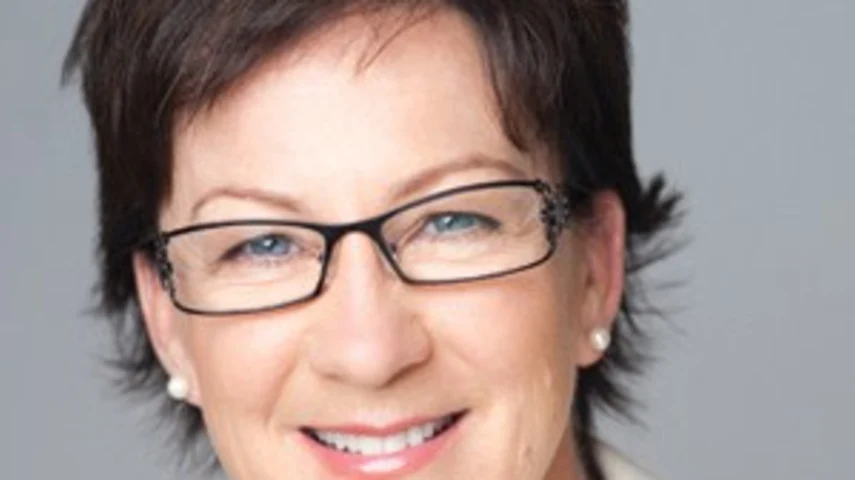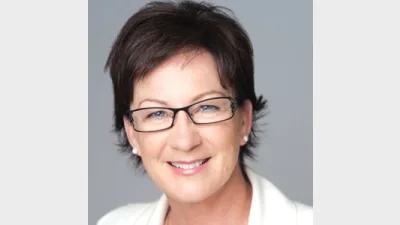SPAA labels SMSF competency tests 'elitist'



The notion that SMSF trustees should have a 'competency test' as suggested by visiting European financial literacy specialist Robert Holzmann has been rejected by the SMSF Professionals' Association of Australia (SPAA) as 'elitist'.
Commenting on the statements made, Andrea Slattery, CEO of SPAA, pointed out that anyone running a business - including company directors, trustees of trusts, and partners in partnerships - does not require mandated training to do their job.
"Many of them are responsible for unrelated investors' money and yet there is no requirement they have formal academic qualifications," she said.
"At least with an SMSF, the trustees are responsible for their own money.
"Perhaps the simple reason SMSFs have performed on par with the APRA-regulated (Australian Prudential Regulation Authority) funds is the simple fact it is their money and they have a greater interest in ensuring it is invested wisely and therefore more conservatively to ensure real gains."
Slattery said that along with the trustees of super funds, one could also include the need to have experience as well as qualifications.
"A person with academic qualifications still needs to supplement that with practical learning if they are to be valued as the trustee of a large fund," she said.
In his statements, Holzmann noted that recent statistics from CEPAR, the ARC Centre for Excellence in Population Ageing Research at the University of NSW, showed that 27.1 per cent of SMSF trustees have only a trade or diploma qualification while 13.7 per cent have only completed high school.
Yet in pointing out that around 75 per cent of trustees have undergraduate degrees or higher and that trades-people are either small business owners or self-employed, Slattery also noted the findings of the last APRA Trustee governance report.
According to Slattery, that report showed that more than 90 per cent of APRA-regulated funds did not require any formal education training or requirements to be a trustee, and that 81 per cent did not require any superannuation or investment knowledge to be a trustee.
"Finally, when the Cooper Review handed down its final report in 2010, it specifically ruled out formal training for SMSF trustees," she said.
"People need to be reminded that Cooper said the SMSF sector had been performing well and was well managed and there has been no evidence since to suggest the situation is any different three years later."
Originally published by SMSF Essentials.
Recommended for you
The winners have been announced for the 2025 Super Fund of the Year Awards, held in Melbourne on 26 November by Money Management's sister brand Super Review.
Data and technology provider Novigi has acquired Iress’ superannuation consulting and managed services business from Apex Group.
AMP is to launch a digital advice service to provide retirement advice to members of its AMP Super Fund, in partnership with Bravura Solutions.
Unveiling its performance for the calendar year 2024, AMP has noted a “careful” investment in bitcoin futures proved beneficial for its superannuation members.









